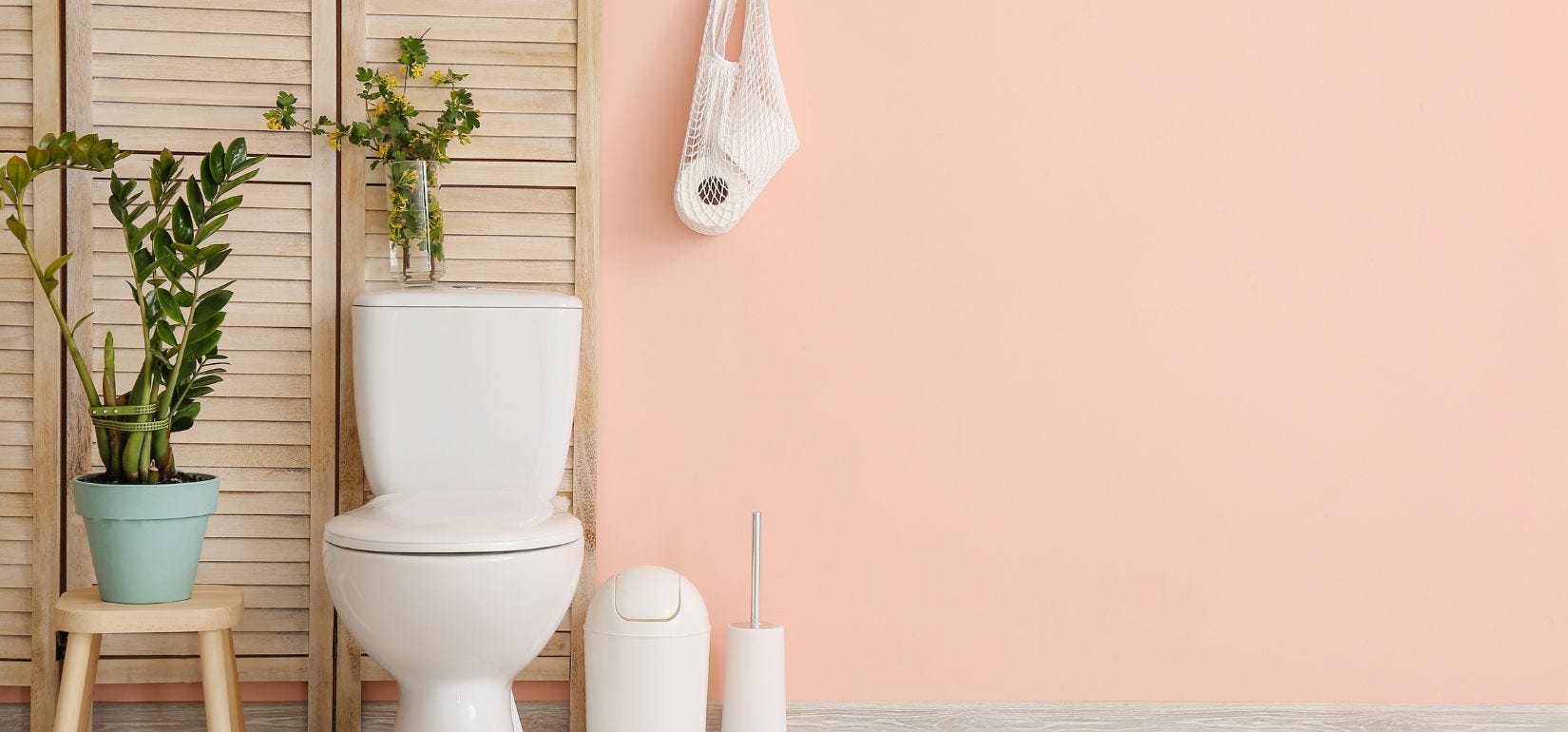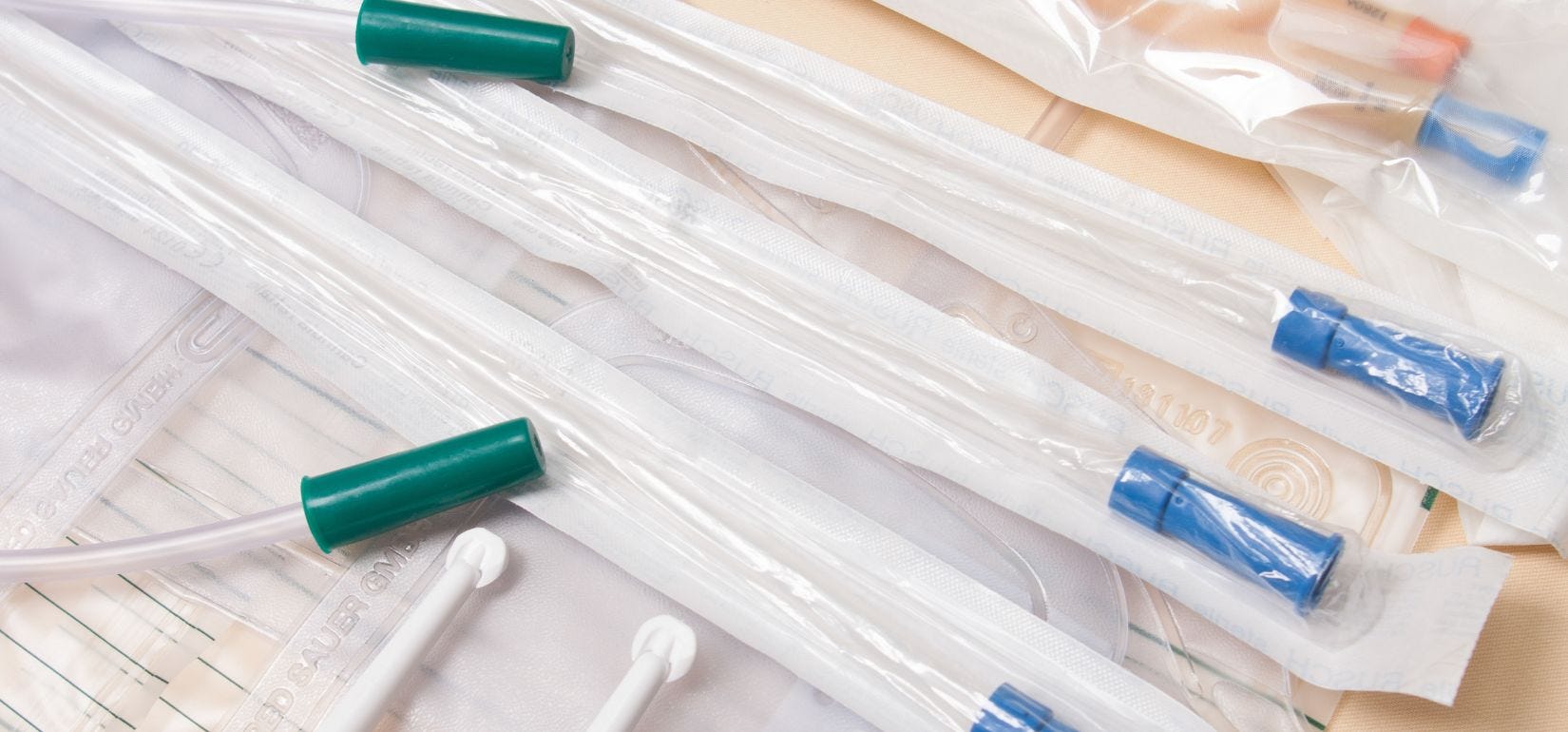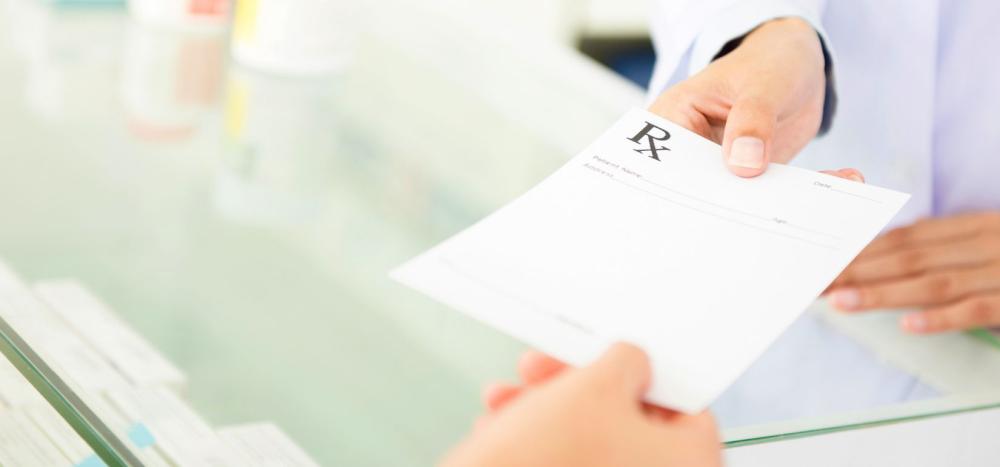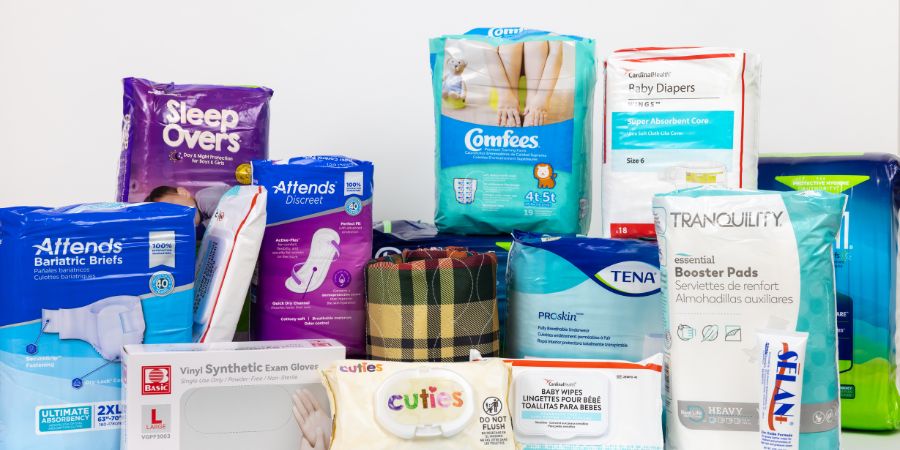Key Takeaways:
- Holding in your urine can cause infections, bladder damage, and more.
- You can train your bladder to empty completely by sitting on the toilet correctly, listening to your bodily urges, and drinking plenty of fluids.
Whether you're stuck in traffic, watching your kids at their big recital, or finishing up a meeting, you’ve probably experienced moments when you’ve had to wait to empty your bladder.
However, regular bladder emptying is crucial to your health care and bodily functions. Incomplete bladder emptying can lead to symptoms such as urinary tract infections (UTIs), overstretching, incontinence, and in some cases, kidney failure.
This post will help you understand the benefits of emptying your bladder completely and give you some of the best tips to do it so you can keep your bladder happy and healthy.
INCONTINENCE PRODUCTS THROUGH INSURANCE:
Aeroflow Urology is in-network with many Medicaid and Medicaid-managed insurance plans and is accredited by Medicaid. Complete our Eligibility Form, and we’ll automatically check to see if your plan covers incontinence supplies. ***Must meet certain requirements to qualify.***
You will also receive the care and attention every person managing incontinence deserves: A personalized list of 100% insurance-covered incontinence supplies, a dedicated Continence Care Specialist you can contact during business hours, a user-friendly online portal for easy monthly reordering, and educational content.
Get the continence care you need with the dignity you deserve. Join the Aeroflow Urology family today! It only takes 5 minutes to get started.
Know Your Urinary System
Your bladder is a big part of the urinary (renal) system that helps keep your body healthy. Your urinary system's main job is to dispose of bodily waste in the form of urine. Your bladder is a triangle-shaped organ that lives in your lower abdomen. The bladder muscles expand as urine is collected and contract as urine is emptied (voided) out of your urethra.
Urine comes from your kidneys every 5 to 10 seconds. The typical adult bladder can hold 300 -600mL (2 - 3 cups) of urine, or the equivalent of a medium-sized water bottle. Under anesthesia, a typical adult bladder can hold up to 1000mL of urine. For people under the age of 50, 60mL of urine or less is left in the bladder after voiding. Due to the natural loss of continence (bladder control) as you age, those over the age of 50 years usually have a post-void residual amount of 100mL or less left in the bladder after peeing.
Why Is It Important to Empty Your Bladder?
When you get the urge to void your bladder, it means your bladder is about halfway full or is holding around 300mL of waste. When this happens, your nerves send a signal to your brain, giving you that specific urge. It's always important to listen to these signals, especially because in rare cases, your bladder can rupture if it's not emptied.
When you go to the bathroom, you may not be voiding all of the waste from your body. If urine is leftover in the bladder, it can cause a lot of issues, including:
- UTIs: Bacteria infect the urinary system. According to Mayo Clinic, women are at higher risk of UTIs than men.
- Chronic urinary retention or acute urinary retention: Acute urinary retention occurs when you're unable to empty your bladder for a short period of time, and chronic urinary retention occurs when you're unable to urinate for longer periods.
- Vesicoureteral reflux (VUR): Urine moves backward from the bladder to the kidneys, in some cases, causing kidney failure.
- Bladder overstretching (hypertrophy): Bladder walls grow and become thick from too much stretching and retention.
- Damaged bladder (detrusor) muscle: The muscle responsible for contraction when urinating is damaged.
- Bladder infection: Bacteria from the urethra reach the bladder, causing an infection.
- Overflow incontinence: The bladder overflows through the urethra to let more urine into the bladder.
- Urge incontinence: Detrusor muscle becomes stressed due to excess pressure in the bladder, resulting in squeezing without awareness.
- Stress incontinence: Abnormal pressure is placed on the bladder, weakening the pelvic floor muscles. Less support is given to the urethral structure, leading to leakage of urine. Common causes of leakage include sneezing, coughing, or exercising.
What Techniques Can Help Improve Complete Bladder Emptying?
- Listen to your body. When you have a full bladder and feel the need to go, head to the bathroom. The amount of urine you think you have doesn't matter. Just go!
- Don't push. Allow your bladder to contract on its own. Try to relax the pelvic floor muscles as much as possible.
- Don't linger too long. Give yourself time, but not too much. The longer you sit, the longer your bladder will think it needs to empty, which will train it to not empty completely.
- Drink plenty of water. The World Health Organization (WHO) recommends between two to 16 liters of water per day. Staying hydrated can help flush your body of toxins and waste. Drinking water also helps with passing urine more frequently. It's better to have an acutely overactive bladder than an under active one!
- Void your bowels regularly. When constipation occurs and your colon is fuller, it places pressure on the bladder, making it more difficult to void fully.
- Don't hover. It can be hard not to hover when there's a dirty toilet seat, but when you do this, the pelvic floor muscles engage and you force the urine to pass past them, creating dysfunctional voiding. Instead, sit down on the toilet seat completely. This allows the pelvic floor muscles to relax.
- Eat a healthy diet. Eating a balanced diet will help keep your body healthy, and in turn, keep your urinary system healthy.
- Use belly breathing. Belly breathing allows decreased abdominal pressure, which is a great way to ensure your bladder empties to completion.
- Lean forward or elevate the feet. This creates the optimal angle for your urine stream to go directly down into the toilet.
- Always sit down. Whether you're male or female, you should sit down when you can. When standing to void, you clench your glutes and engage the pelvic floor muscles, causing more forceable bladder contractions.
- Do pelvic floor muscle exercises. Pelvic floor exercises, like kegel exercises, are a great way to improve urinary incontinence or bladder control symptoms over time. Pelvic floor training supports men's pelvic organs, including the rectum, sphincter, and prostate.
- Avoid bladder irritants. Certain foods and drinks you consume have a major impact on your bladder health. Avoid coffee, tea, carbonated beverages, alcohol, citrus fruits, and certain spices.
- See a health professional. Visit a healthcare provider, such as a urologist or pelvic floor physical therapy professional for medical advice if you can't seem to empty your bladder fully, have chronic bloating, or have general bladder problems.
Practicing these tips is a great way to stay in control of your bladder and keep your urinary system healthy.
Get Free Bladder Control Products
Managing incontinence can be overwhelming at times. However, Aeroflow Urology can assist in supplying incontinence supplies through your Medicaid (and some private insurance) plans. Not only is this service financially beneficial, but it also alleviates stressful store trips... especially if you're facing some bathroom challenges!
Here's how it works: Instead of running out to the store for disposable briefs at the last minute, fill out our Eligibility Form. It's quick and easy to do. Then, if approved, your incontinence supplies will be shipped directly to your home in discreet packaging on a monthly basis, ensuring privacy and ease of use.
Check Your Eligibility
2 Easy Steps
Discover the continence care essentials available through your Medicaid plan.
Jump To: Top | Eligibility Form
Disclaimer
Information provided on the Aeroflow Urology blog is not intended as a substitute for medical advice or care from a healthcare professional. Aeroflow recommends consulting your healthcare provider if you are experiencing medical issues relating to incontinence.











